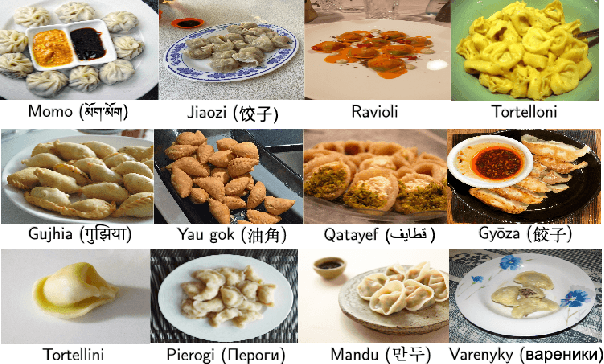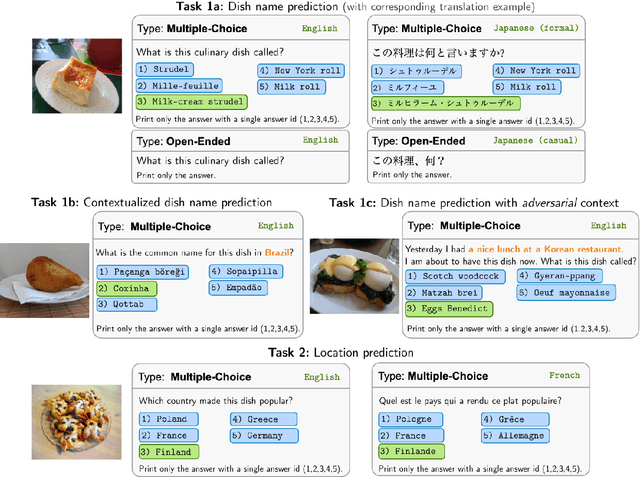Yinxuan Gui
Calling a Spade a Heart: Gaslighting Multimodal Large Language Models via Negation
Jan 31, 2025



Abstract:Multimodal Large Language Models (MLLMs) have exhibited remarkable advancements in integrating different modalities, excelling in complex understanding and generation tasks. Despite their success, MLLMs remain vulnerable to conversational adversarial inputs, particularly negation arguments. This paper systematically evaluates state-of-the-art MLLMs across diverse benchmarks, revealing significant performance drops when negation arguments are introduced to initially correct responses. We show critical vulnerabilities in the reasoning and alignment mechanisms of these models. Proprietary models such as GPT-4o and Claude-3.5-Sonnet demonstrate better resilience compared to open-source counterparts like Qwen2-VL and LLaVA. However, all evaluated MLLMs struggle to maintain logical consistency under negation arguments during conversation. This paper aims to offer valuable insights for improving the robustness of MLLMs against adversarial inputs, contributing to the development of more reliable and trustworthy multimodal AI systems.
WorldCuisines: A Massive-Scale Benchmark for Multilingual and Multicultural Visual Question Answering on Global Cuisines
Oct 16, 2024



Abstract:Vision Language Models (VLMs) often struggle with culture-specific knowledge, particularly in languages other than English and in underrepresented cultural contexts. To evaluate their understanding of such knowledge, we introduce WorldCuisines, a massive-scale benchmark for multilingual and multicultural, visually grounded language understanding. This benchmark includes a visual question answering (VQA) dataset with text-image pairs across 30 languages and dialects, spanning 9 language families and featuring over 1 million data points, making it the largest multicultural VQA benchmark to date. It includes tasks for identifying dish names and their origins. We provide evaluation datasets in two sizes (12k and 60k instances) alongside a training dataset (1 million instances). Our findings show that while VLMs perform better with correct location context, they struggle with adversarial contexts and predicting specific regional cuisines and languages. To support future research, we release a knowledge base with annotated food entries and images along with the VQA data.
 Add to Chrome
Add to Chrome Add to Firefox
Add to Firefox Add to Edge
Add to Edge